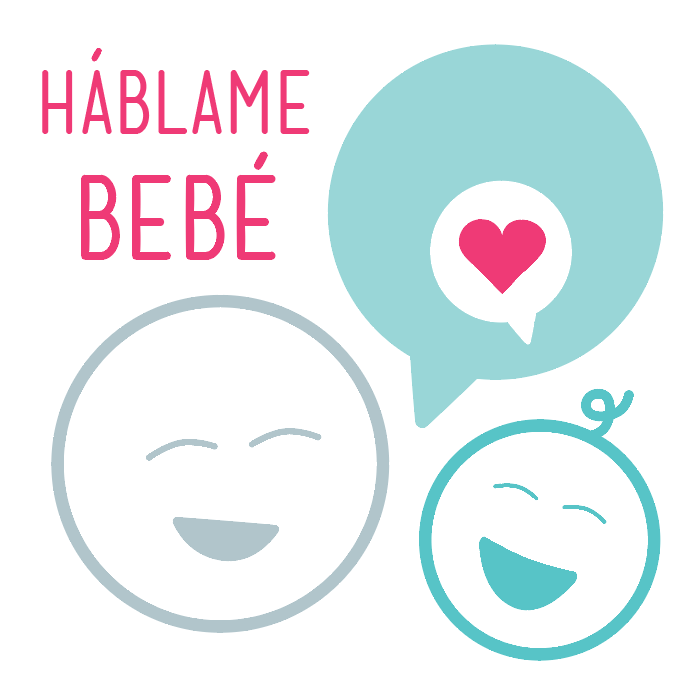
Watch the video here! You can download the app for FREE at https://tinyurl.com/ybln8abf(Apple) or https://tinyurl.com/ycvz26wu (Google Play).

Watch the video here! You can download the app for FREE at https://tinyurl.com/ybln8abf(Apple) or https://tinyurl.com/ycvz26wu (Google Play).

Watch Professor Natalie Brito on Science Goes to the Movies talk about Netflix’s “Julie’s Greenroom” and the impact of arts education on early cognitive development! Watch it here: http://www.cuny.tv/show/sciencegoestothemovies/PR2006758

Our panel brings together neuroscience and psychology researchers, philosophers, and practitioners to discuss how to Bridge the Gap to answer questions at the intersection of science and social policy. Date and time: Monday, March 12, 6 – 7:30 pm Location: NYU Meyer Hall, 4 Washington Place, Room 121 Registration: https://www.eventbrite.com/e/bridging-the-gap-neuroscience-inequality-social-policy-tickets-43419748637?aff=efbeventtix Read more.

The Association for Psychological Science (APS) has named Natalie Brito, assistant professor in Steinhardt’s Department of Applied Psychology, an APS Rising Star. The Rising Star designation recognizes outstanding psychological scientists in the earliest stages of their research career whose innovative work has advanced the field and signals potential for continued contribution. Brito investigates how social and cultural contexts (poverty and multilingualism) shape…

‘Háblame bebé’ fue diseñada por la Universidad Internacional de la Florida y estará disponible de manera gratuita para iOS y Android a finales de este año. La herramienta le permite a los padres de familia seguir a diario el avance de sus hijos. El vídeo aqui.

For such a wealthy nation, the United States isn’t an easy place to raise a child. Employers are not required to provide paid maternity (or paternity) leave. Child care is hard to come by or prohibitively expensive. This week, we’ve been publishing a slew of stories that outline the exact contours of this problem and provide a convincing argument for why government…

In 1986, the social psychologist David Sears warned his colleagues that their habit of almost exclusively studying college students was producing a strange and skewed portrait of human nature. He was neither the first to make that critique, nor the last: Decades later, other psychologists noted that social sciences tended to focus on people from WEIRD societies—that is, Western, educated, industrialized, rich, and democratic….